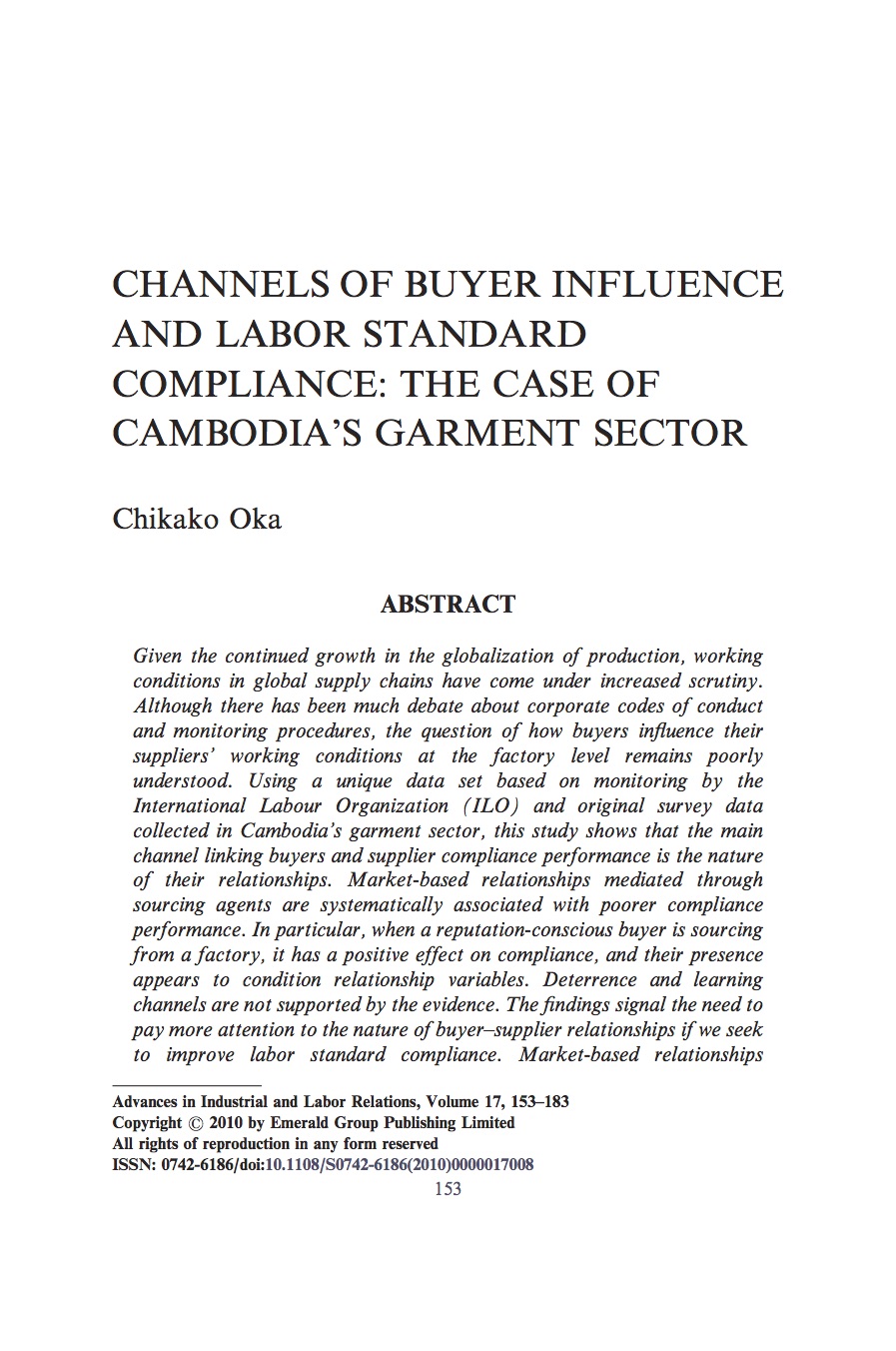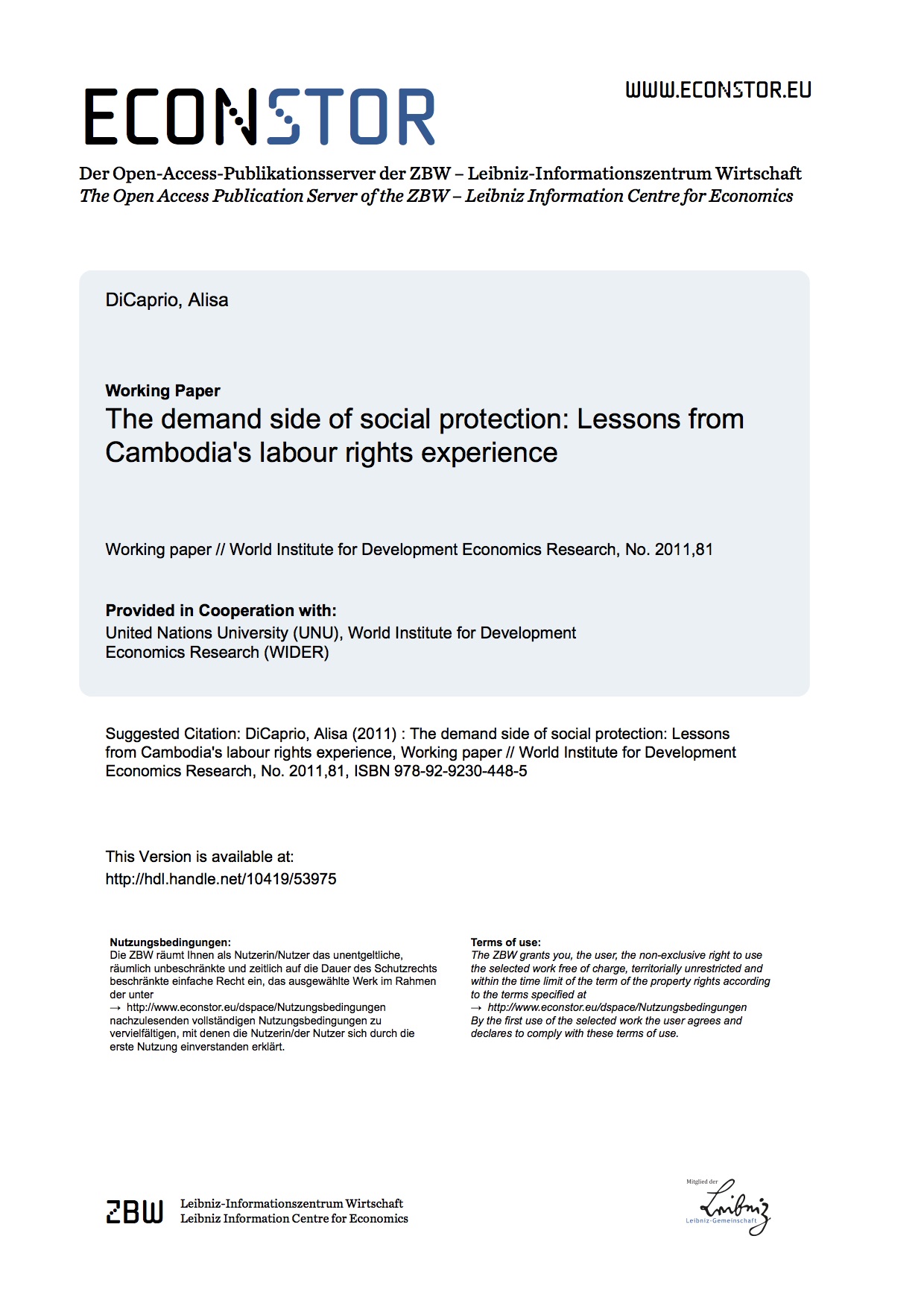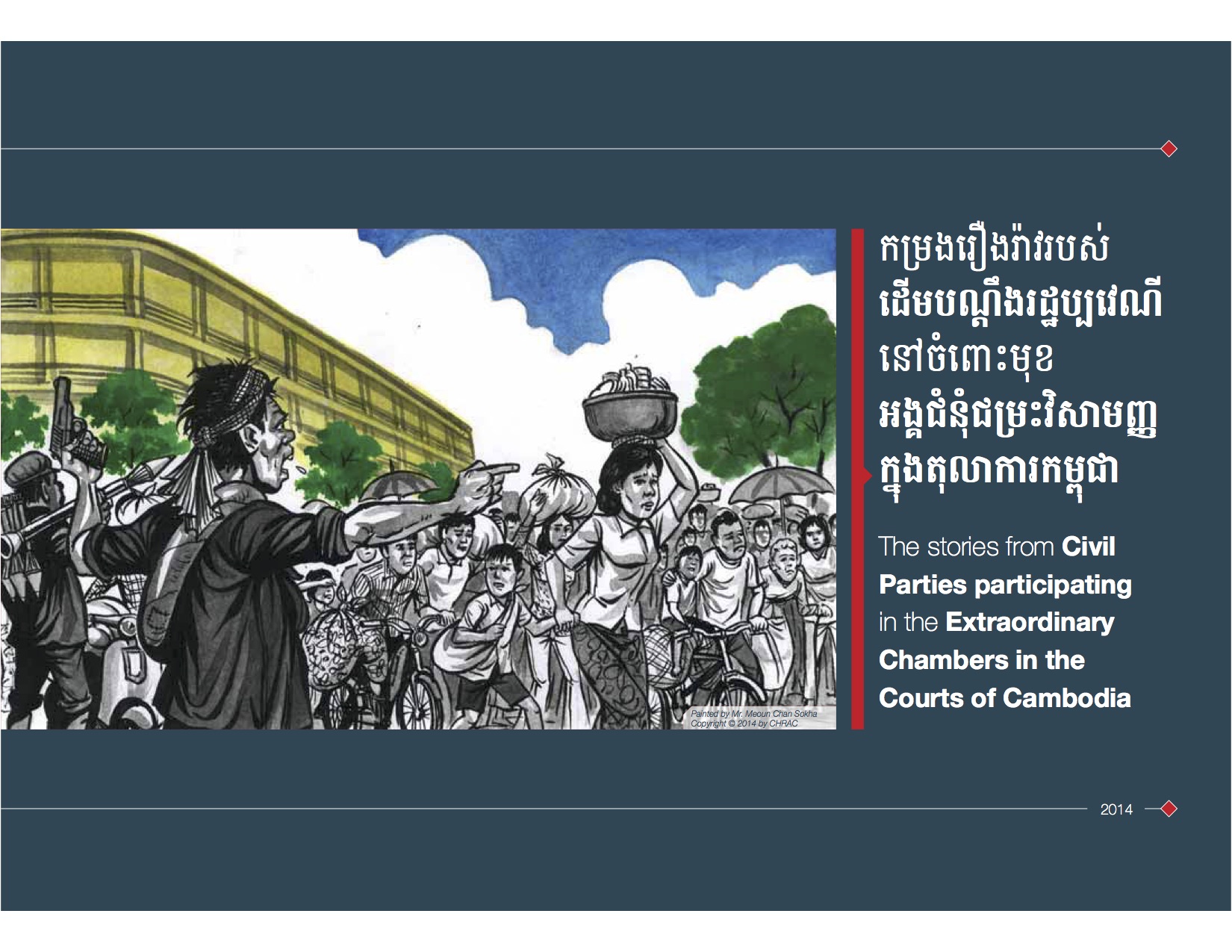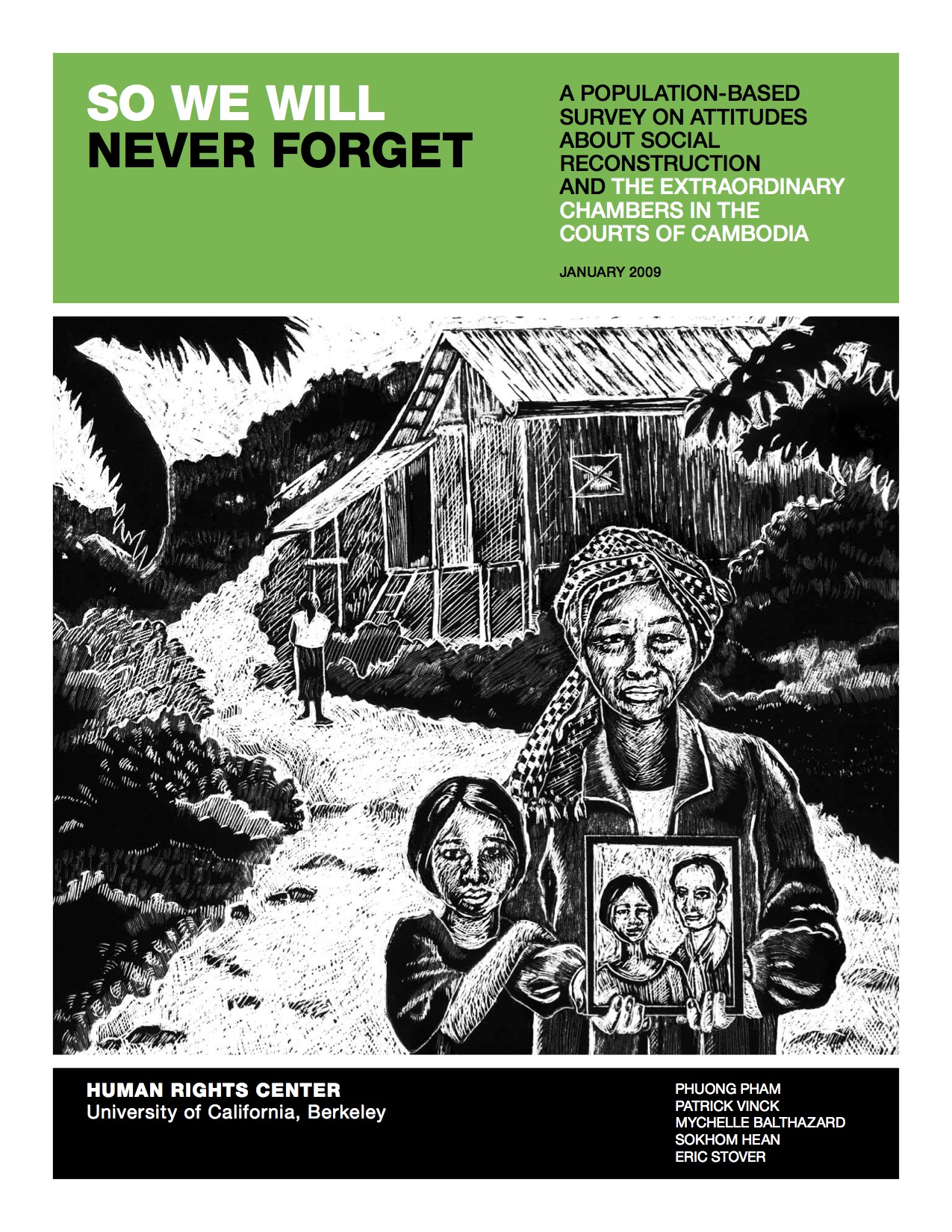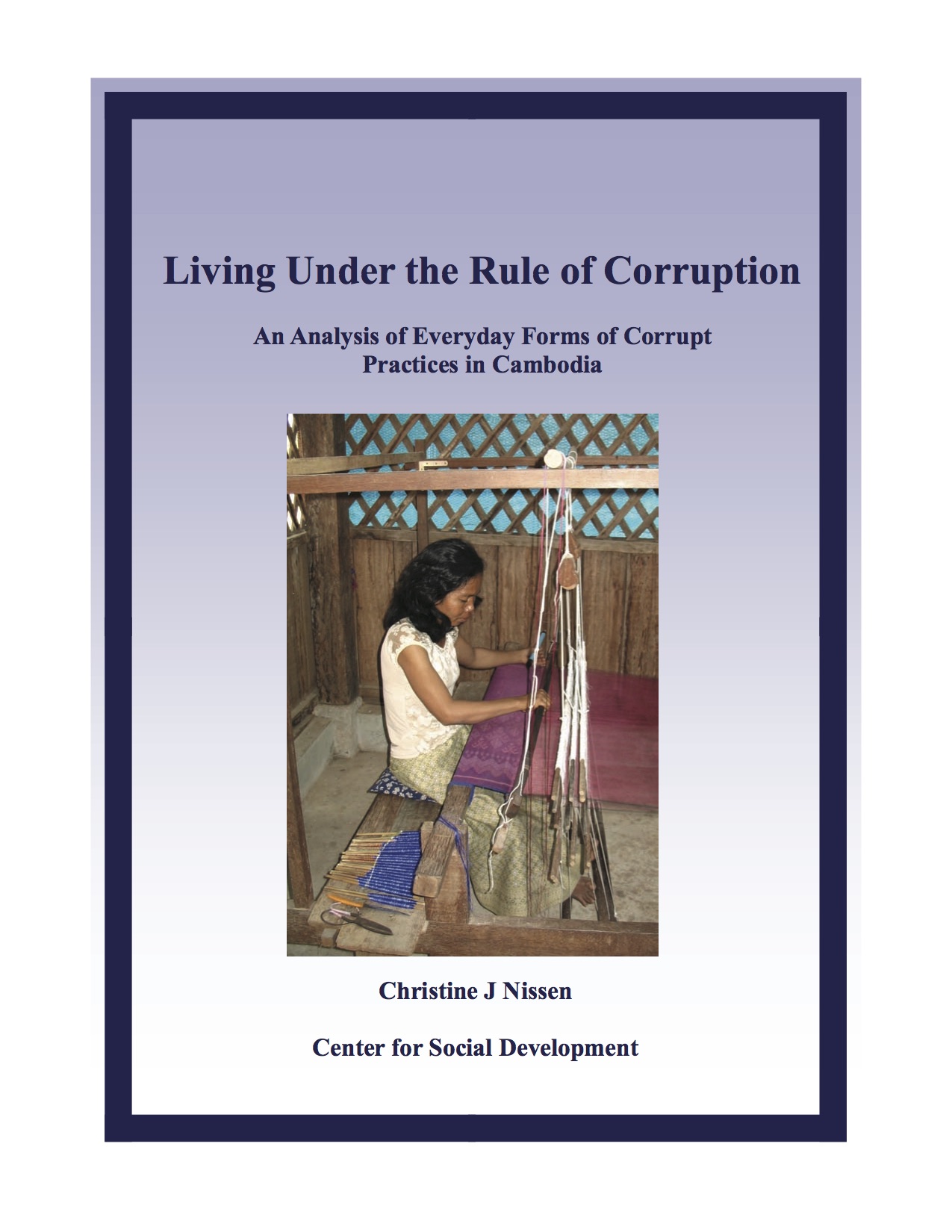Latest Entries
Channels of Buyer Influence and Labor Standard Compliance: The Case of Cambodia’s Garment Sector
Publication Year: 2010 / Sources: Advances in Industrial and Labor Relations, Volume 17Given the continued growth in the globalization of production, working conditions in global supply chains have come under increased scrutiny. Although there has been much debate about corporate codes of conduct and monitoring procedures, the question of how buyers influence their suppliers’ working conditions at the factory level remains poorly understood. Using a unique data set based on monitoring by the International Labour Organization (ILO) and original survey data collected in Cambodia’s garment sector, this study shows that the main channel linking buyers and supplier compliance performance is the nature of their relationships.
The demand side of social protection: Lessons from Cambodia’s labour rights experience
Publication Year: 2011 / Sources: Leibniz Information Centre for EconomicsIn fragile states, social protection programmes are often a kaleidoscope of projects financed and implemented by a variety of donors, government agencies and NGOs. Such an environment does not foster a strong sense of ownership by beneficiaries, which weakens the likelihood of sustainability in the absence of donor interest or government commitment. Loosening demand-side constraints may provide incentive to sustain social progress, but it is unclear what political or social structures can effectively facilitate voice in fragile states. Cambodia’s unusual social protection trajectory offers some insight by presenting an example where labour rights has made substantial progress while all other protections lag. We assess whether the changed external environment might facilitate activism in other areas of social protection. Our analysis suggests that using an island of excellence to build institutions that open political space for activism can be a successful strategy in states where governments are unable or unwilling to provide comprehensive social protection systems.
The stories from Civil Parties participating in the Extraordinary Chambers in the Courts of Cambodia
Publication Year: 2014 / Sources:The stories in this book represent the true experiences of survivors who applied to be Civil Parties at the Extraordinary Chambers in the Courts of Cambodia (ECCC), also known as the Khmer Rouge Tribunal. Most of the accounts were extracted from victim information forms and testimonies before the ECCC. Our team at CHRAC has met with each of the contributing Civil Parties individually to obtain their consent for publication and to review and develop their story. Through this process, we aimed to ensure that all stories are accurate and authentic.
So We Will Never Forget: A Population-Based Survey On Attitudes About Social Reconstruction and the Extraordinary Chambers in the Courts of Cambodia
Publication Year: 2009 / Sources: Human Rights Center, University of California, BerkeleyThis report presents the findings of a nationwide, population-based survey undertaken by the Human Rights Center’s Initiative on Vulnerable in Cambodia. The survey sought to capture opinions and attitudes about accountability, social reconstruction, and the ECCC. Teams of interviewers used a structured questionnaire to interview 1,000 Cambodians 18 years old or older, randomly selecting 125 communes out of 1,621 using systematic random sampling proportionate to population size. Two villages were randomly selected from each commune, resulting in a sample size of 250 villages. Analysis of the report concluded with specific recommendations of ways in which the ECCC, Cambodian judicial and administrative institutions, civil society, and the international community can ensure that Cambodians become engaged participants in—and not merely auxiliaries to—the work of the court.
Living Under the Rule of Corruption
Publication Year: 2005 / Sources: Center for Social DevelopmentThe Center for Social Development initiated the research project entitled “The Impact of and Attitudes Towards Corruption” in order to document and analyze corrupt practices experienced by ordinary citizens when they encounter civil servants in local bureaucracies and institutions. The study aims to give voice to ordinary Cambodians in the debate on corruption in the country. The study consists of qualitative and quantitative components. This report describes findings from qualitative research in two provinces.

